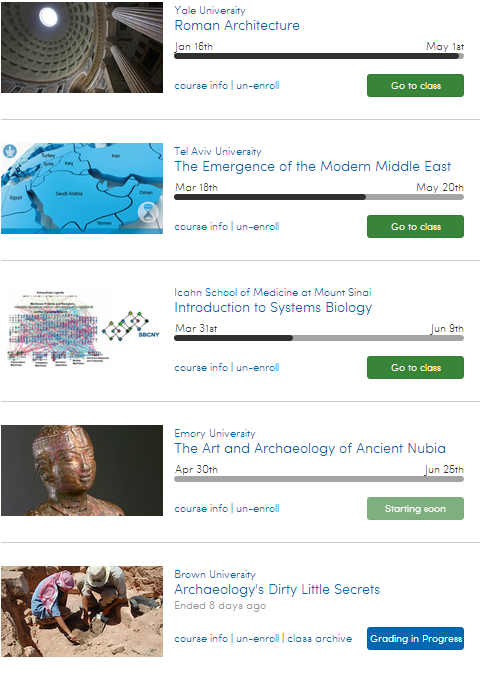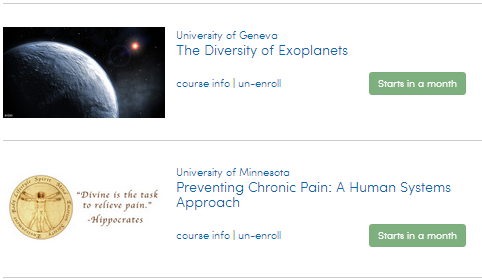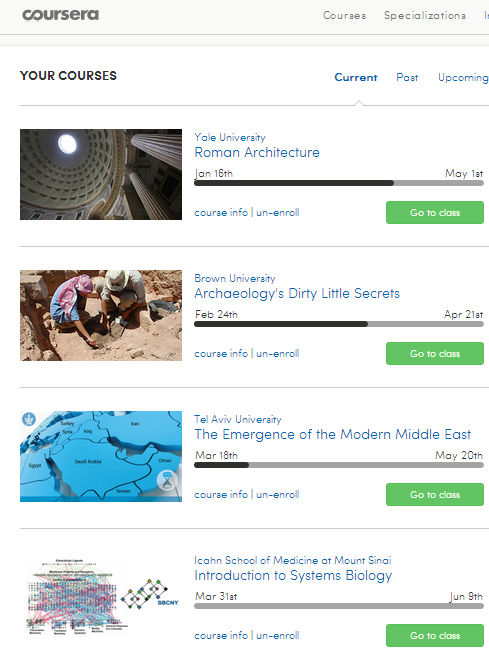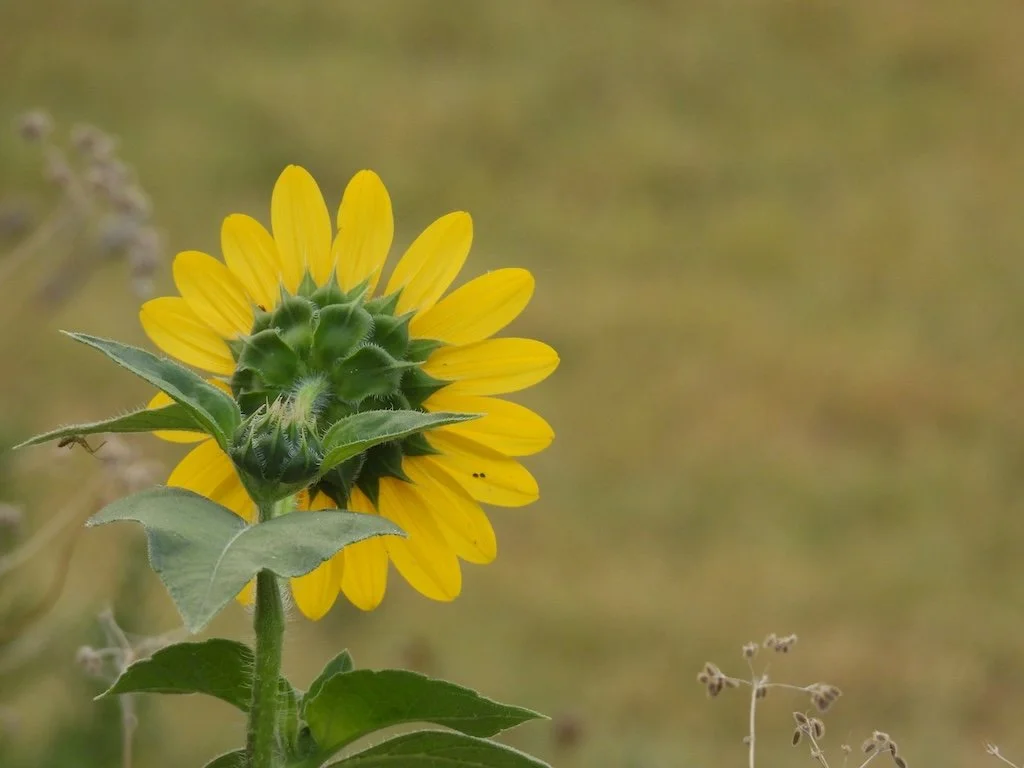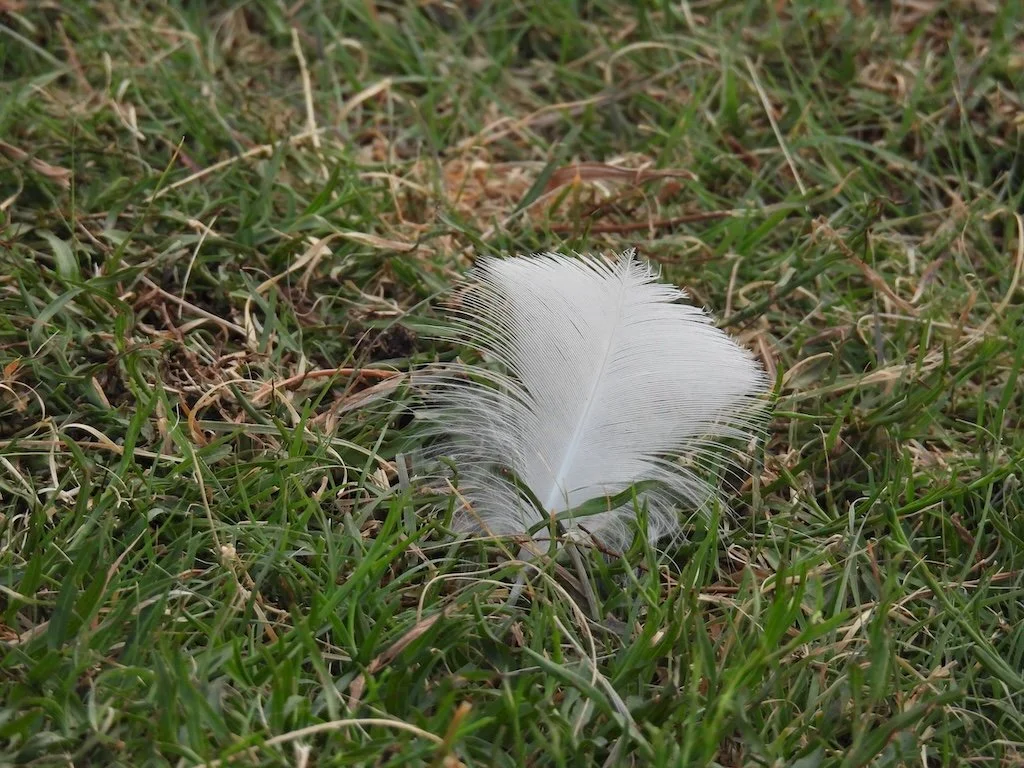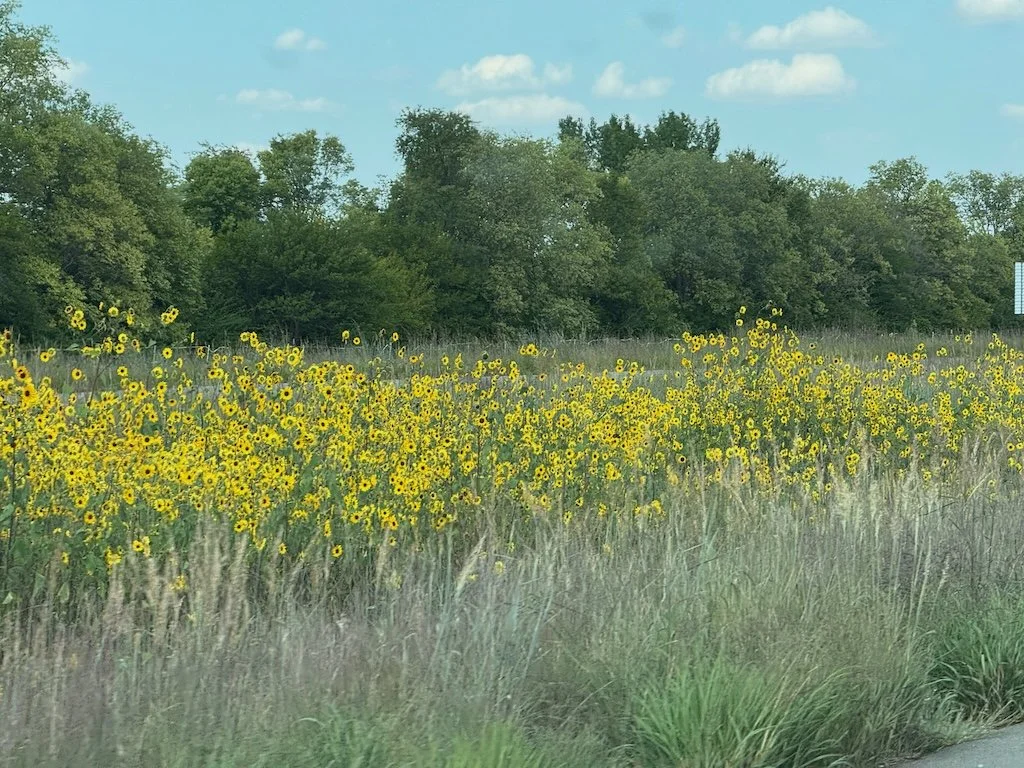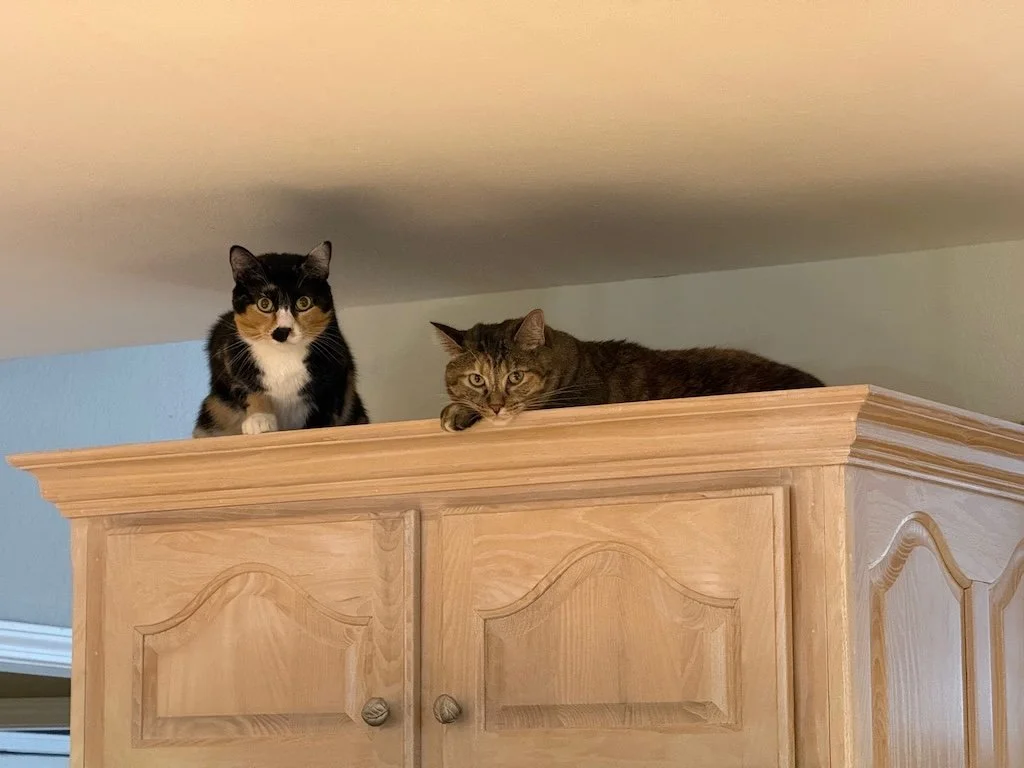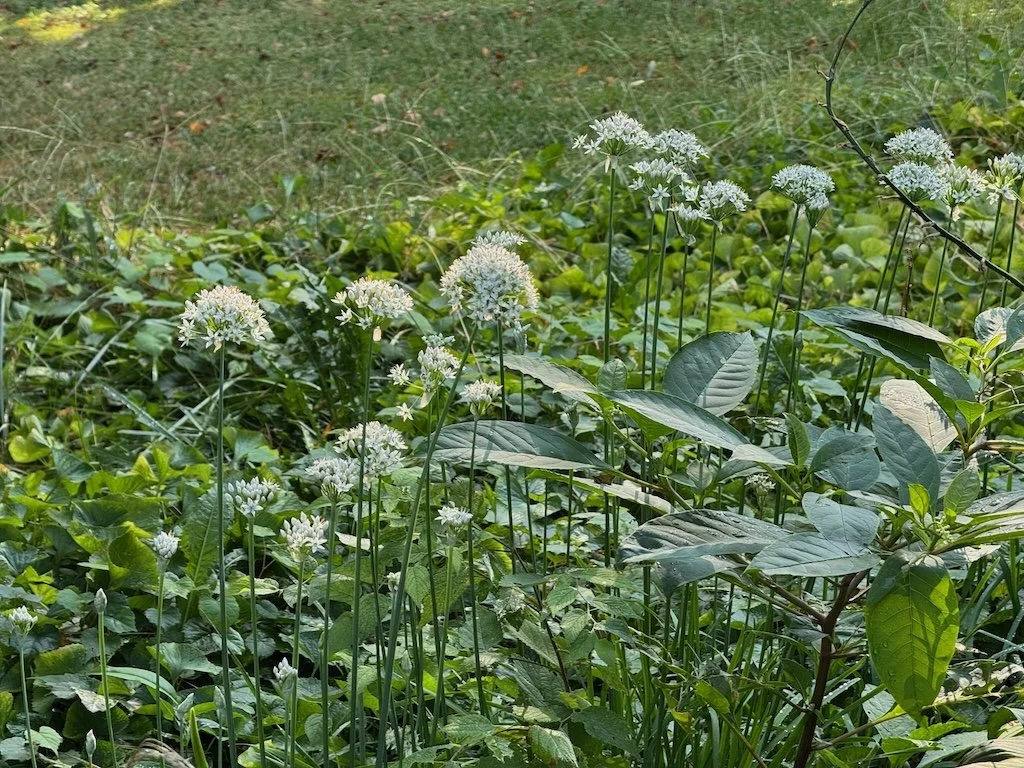Coursera Experience - June 2014
/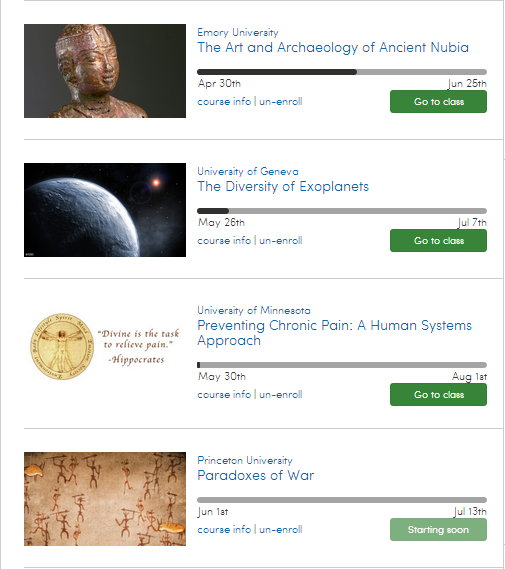 May was a relatively easy month from a course load perspective. I finished two courses:
May was a relatively easy month from a course load perspective. I finished two courses:
- The Emergence of the Modern Middle East (Tel Aviv University) - I was surprised at how little I understood of even the events that have occurred in my lifetime. I generally keep up with news but I clearly needed more context than the news stories provided…..or maybe the passage of time has brought enlarged perspective of historians.
- Introduction to Systems Biology (Icahn School of Medicine at Mount Sinai) - Probably the hardest course I’ve taken on Coursera so far.
And only had one that continued on for the full month.
- The Art and Archaeology of Ancient Nubia (Emory University) - This one has short videos and then pointers to reading. I am supplementing the recommended reading with items from the Internet Archive and some books I got via paperbackswap. This one will be over by the end of June - which is a good think because I have so many more that are starting!
There were two that started right at the end of May.
- The Diversity of Exoplants (University of Geneva) - I am taking this course to understand more about what my daughter’s research is all about in graduate school.
- Preventing Chronic Pain: A Human Systems Approach (University of Minnesota) - I am fortunate to not currently have chronic pain….but prevention is always easier than recovery. And there are others in my family that do have challenges caused by pain.
The challenge increases in June as three more courses start up. There are just so many good courses being offered that I can’t seem to resist.
- Paradoxes of War (Princeton University) - Every course I have taken from Princeton has been excellent….and I’m looking forward to this one.
- An Introduction to Global Health (University of Copenhagen) - This course and the next one on the list are part of my trend to think more globally about issues. There seem to be so many areas that transcend the boundaries of nations and governments.
- Globalization and You (University of Washington) - It will be interesting to find out how this course meshes with the one on Global Health.
It’s going to be quite a course load by the end of June!

